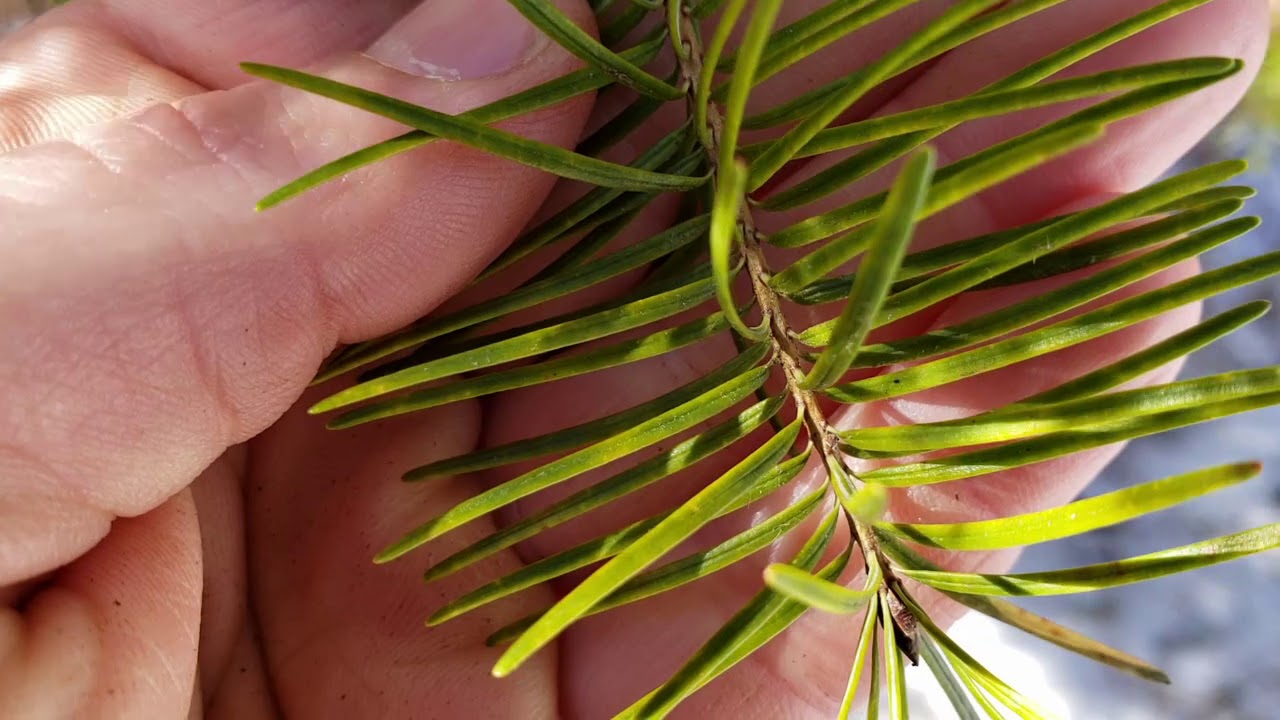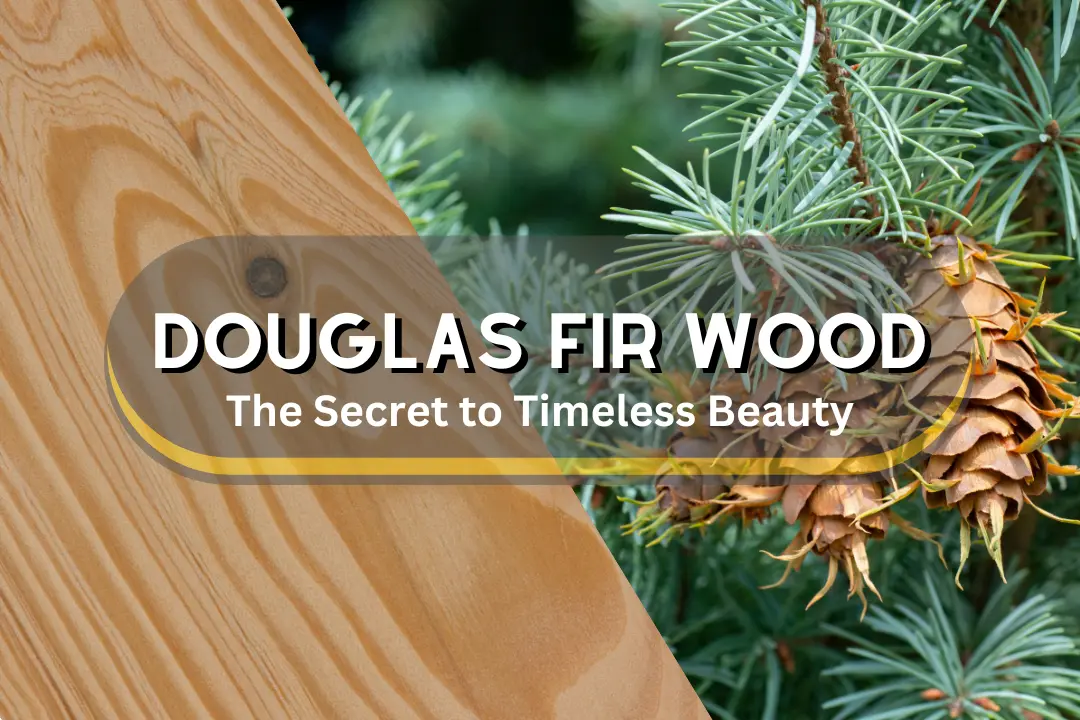
Douglas Fir Wood Wonder: The Secret to Timeless Beauty

Did you know Douglas fir wood makes up over 60% of lumber in American construction? This shows its beauty and versatility in woodcraft. Douglas fir is known for lasting long and looking great, making it a favorite for many.
It’s perfect for outdoor furniture because it doesn’t rot easily. Its unique colors and grain patterns add beauty that lasts beyond trends.
We’ll explore fir wood’s history, special traits, and lasting beauty. Find out why it’s a top choice for creating lasting works of art.
Table of Contents
The Rich History of Douglas Fir Wood
Douglas fir has a fascinating history and is deeply connected to fir wood’s past. This history shows how craftsmanship and environmental care have merged over time. Native to the West Coast of North America, Douglas fir is key in construction and art and is known for its strength and beauty.
Nurturing Tradition and Craftsmanship
Craftsmanship with Douglas fir has grown a lot since David Douglas introduced it. He brought over 200 plant species, including these trees. Douglas fir wood is used in many building styles, showing its versatility.
Before World War II, it was a top choice for building. Artisans keep the tradition alive, passing on skills to future generations.
Origins and Native Habitats
Douglas fir comes from its natural habitats, where it loves moist, rainy places. Some trees live up to 1,000 years. It’s a shelter for birds and crucial to the ecosystem.
In the Pacific Northwest, stories tell of mice hiding in Douglas fir cones during fires. This shows the deep bond between nature and local cultures. It’s a base for caring for the environment and appreciating beauty.
Unique Characteristics of Douglas Fir
Douglas fir wood is known for its strong and beautiful qualities. It’s a favorite in construction and woodworking. Its colors range from yellow to deep reddish-brown, making it a standout choice.
Color Spectrum and Grain Patterns
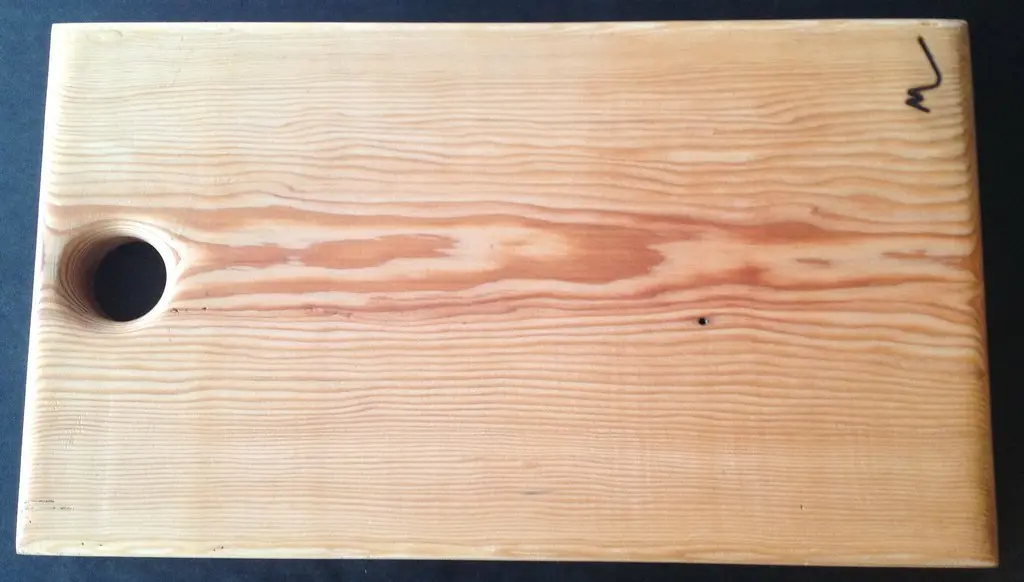
The heartwood of Douglas fir has rich orange-red to reddish-brown colors. The sapwood is lighter, with a yellowish-white hue. This mix of colors adds beauty to any design.
The wood’s grain patterns are striking, with straight grains and subtle variations. The contrast between earlywood and latewood creates a unique texture that catches the eye.
Structural Excellence and Resilience
Douglas fir wood is incredibly strong and durable. It has a Janka hardness rating of 620 lbf, making it perfect for tough projects. Its ability to withstand stress and maintain shape is unmatched.
While it has moderate rot resistance, it’s important to protect it from insects. This ensures its longevity in various settings.
| Property | Value |
|---|---|
| Average Dried Weight | 32 lbs/ft³ (510 kg/m³) |
| Janka Hardness | 620 lbf (2,760 N) |
| Modulus of Rupture | 12,500 lbf/in² (86.2 MPa) |
| Elastic Modulus | 1,765,000 lbf/in² (12.17 GPa) |
| Crushing Strength | 6,950 lbf/in² (47.9 MPa) |
| Shrinkage (Radial) | 4.5% |
| Shrinkage (Tangential) | 7.3% |
| Shrinkage (Volumetric) | 11.6% |
| Rotation Resistance | Moderately durable |
Enduring Aesthetic Appeal of Fir Wood
Fir wood’s beauty makes it popular in many designs. Its texture and look stand out. The color of Douglas fir goes from yellow to reddish-brown, fitting many styles.
The contrast between earlywood and latewood adds depth. This makes each fir wood piece special.
Visual Attributes and Texture
Douglas fir wood has a unique grain pattern. It can be straight or wavy, with a medium to coarse texture. This makes it attractive for modern homes.
The sapwood is light brown with subtle undertones. This adds warmth. Fir wood’s durability and beauty make it a top choice for interiors.
Integration in Modern Design
Fir wood fits well in modern spaces. It works with sleek designs and keeps a timeless feel. It’s great for flooring, cabinets, and furniture.
| Visual Attributes | Characteristics |
|---|---|
| Color Spectrum | Yellow to orange and deep reddish-brown |
| Grain Pattern | Straight to wavy |
| Texture | Medium to coarse |
| Unique Contrast | Contrast between earlywood and latewood |
| Width of Sapwood | 50 to 75 mm |
The Durability of Fir Wood
Fir wood is known for its great durability in construction. It has a high strength-to-weight ratio. This means it can carry heavy loads but is still light, perfect for busy home areas.
Strength-to-Weight Ratio
Fir wood’s strength-to-weight ratio is a big plus. It’s strong but not heavy. This makes it great for floors and cabinets, where it needs to look good and hold up well.
This quality makes fir wood last longer, even with daily use. It keeps looking good too.
Weather Resistance and Flexibility
Fir wood also stands up well to weather. It’s mostly used inside, but it can handle some outdoor conditions. Its flexibility helps it avoid damage from changing weather.
For those looking for a reliable material, fir wood is a top choice. It’s strong and can handle different weather, making it perfect for both inside and outside projects.
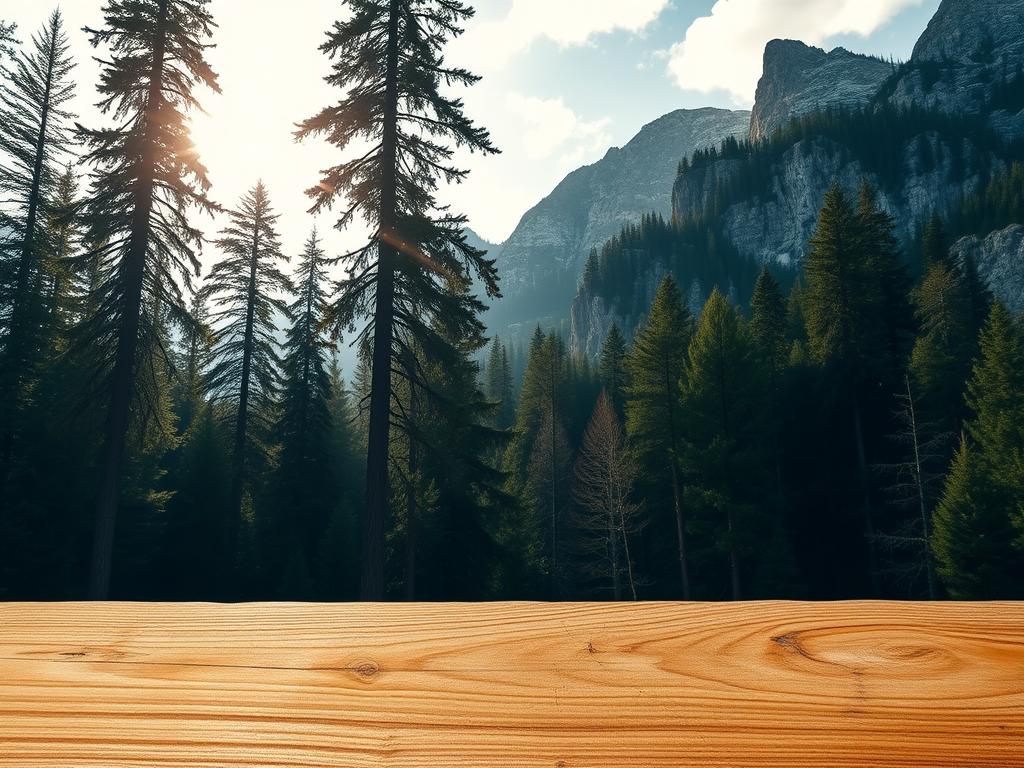
Applications of Fir Wood in Construction
Fir wood is known for its versatility in building projects. It’s lightweight, making it a favorite for many projects. It’s used for both strong structures and beautiful finishes, all while being eco-friendly.
Versatile Uses in Building Projects
Douglas Fir wood is used in many construction areas. Its strength and lightness make it perfect for building frames. It’s also great for flooring, cabinets, and more.
- Framework for buildings
- Flooring, including parquet styles
- Cabinetry and interior paneling
- Doors and window frames
- Beams, joists, and columns for structural integrity
- Boat making due to its density and resistance to water damage
Sustainability and Environmental Impact
The demand for green building materials has made Douglas Fir more popular. It grows fast and can be harvested sustainably. This makes it a good choice for the environment.
Fir wood lasts long and looks good, too. It’s resistant to rot, insects, and temperature changes. Builders choose it for its practicality and affordability, fitting well with green building standards.
Fir Wood Flooring: A Timeless Choice
Fir wood flooring is great for family homes. It’s durable and looks good. It can handle daily use and makes homes feel cozy.
Benefits for Family Homes
Choosing fir wood flooring has many benefits for family homes:
- Durability: Fir is strong, even though it’s softer than oak or maple.
- Aesthetic Charm: Douglas Fir’s grain adds a natural beauty to any room.
- Eco-Friendly: It comes from forests managed for the future, helping the planet.
- Cost-Effective: Fir is cheaper than many hardwoods but still high quality.
- Versatile Installation: You can install it in many ways, like nailing or floating.
Comparison to Other Wood Flooring Options
Fir wood flooring is different from oak and maple:
| Wood Type | Janka Hardness Rating | Cost | Durability | Installation Methods |
|---|---|---|---|---|
| Douglas Fir | 620 | Low | Moderate | Nailed, Glued, Floated |
| Oak | 1360 | High | High | Nailed, Glued |
| Maple | 1450 | High | High | Nailed, Glued |
In short, fir wood flooring is durable and stylish. It’s perfect for modern homes. It fits many design styles, making it a great choice.
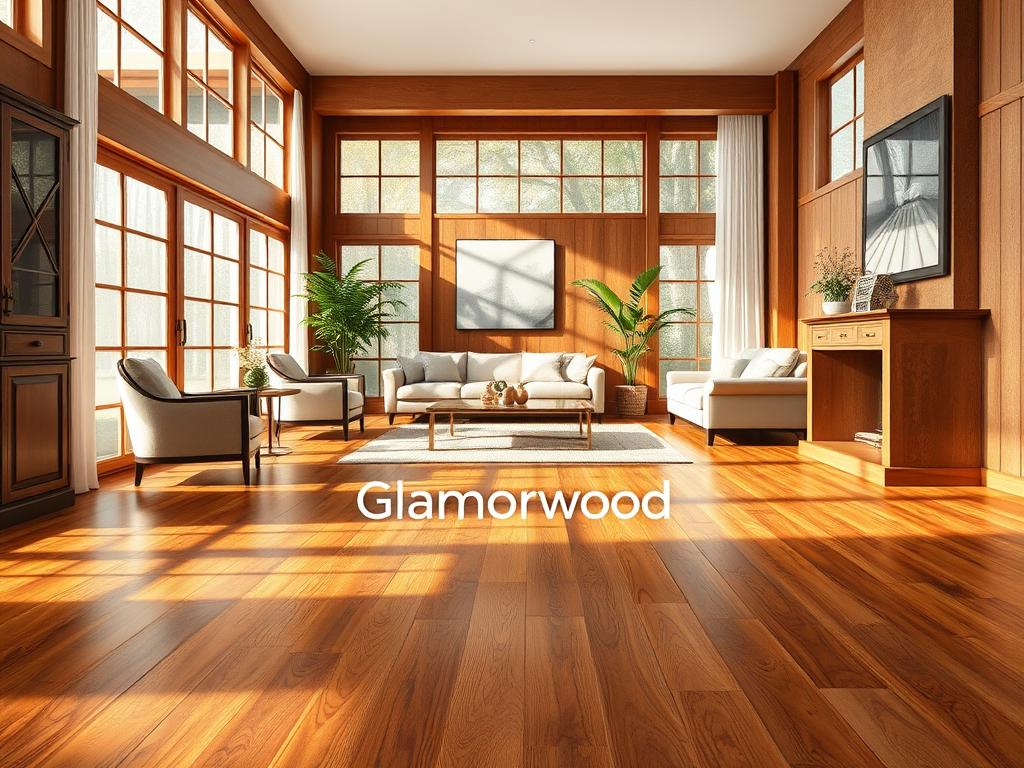
Millwork and Furniture Crafted from Fir Wood
Fir wood is a top choice for millwork and furniture. It’s easy to work with and looks great. This makes it perfect for creating unique pieces that fit any style.
Customization and Design Potential
Fir wood offers endless customization options. You can make furniture that matches your taste and space. Whether you want something modern or rustic, fir wood fits right in.
Custom options include different finishes, sizes, and styles. These choices highlight the wood’s beautiful grain patterns.
Popular Furniture Pieces Made from Fir
Many furniture items are made from fir wood. They show off its strength and beauty. Here are some favorites:
- Cabinets – Great for storing things and showing off your style, with detailed designs.
- Tables – Dining and coffee tables that are both useful and beautiful.
- Accent Pieces – Unique items like shelves and benches that add to any room’s look.
Each piece showcases fir wood’s amazing qualities. It’s a favorite in furniture design. Fir wood also works well in millwork, blending with building features to enhance spaces.
| Furniture Type | Features | Customization Options |
|---|---|---|
| Cabinets | Functional storage with aesthetic appeal | Custom sizes, finishes, and door styles |
| Tables | Dining and coffee options with durability | Shapes, dimensions, and surface finishes |
| Accent Pieces | Functional decor items for unique touches | Design themes and color matching |
Comparison to Other Woods
Looking at fir wood against other popular types, we see its unique strengths. Each wood has its own special qualities. This helps us make smart choices for different projects.
Douglas Fir vs Cedar
Fir and cedar wood both have straight grain patterns and oils that fight rot. Cedar is better at keeping bugs away, and great for outside. Douglas fir is cheaper but still strong for outdoor jobs.
Douglas Fir vs Teak
Teak wood is known for lasting long and handling water well. Douglas fir is a cost-effective choice that works just as well. Fir is a good pick for many projects without the high cost of teak.
Douglas Fir vs Pine Wood
Pine and fir are similar in price and ease of use. Southern yellow pine is cheaper at big-box stores. But fir is more durable and versatile, making it a better choice for many tasks.
Douglas Fir vs Acacia Wood
Acacia wood is known for its beautiful grain patterns. Fir is better for the environment and is more affordable. This makes fir a great choice for those who care about the planet and their budget.
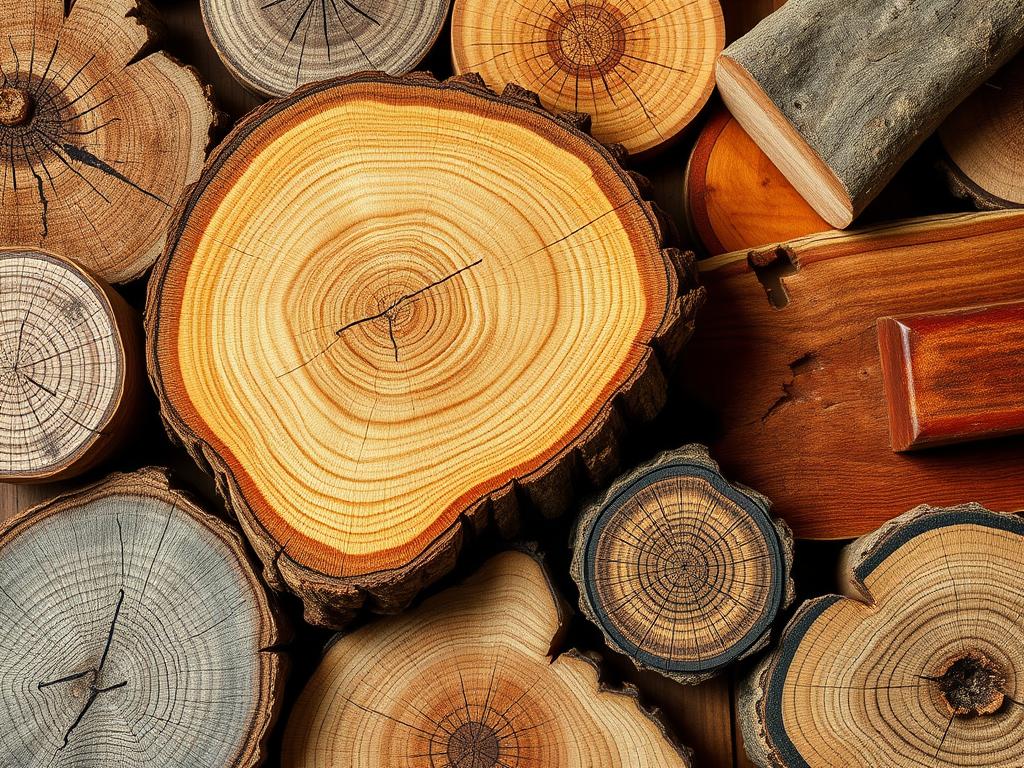
Why Choose Fir Wood for Your Next Project?
Choosing fir wood for your projects has many benefits. It’s cost-effective and adds architectural value. Its timeless design fits well with many styles.
Cost-Effectiveness and Value
Douglas Fir is a strong and affordable softwood. It’s great for construction because it bends well and holds screws and nails strong. This means you save money in the long run.
It’s often used for heavy tasks because it’s light but strong. This helps keep construction costs down.
Timeless Styling in Architecture
Douglas Fir makes any building look better. It’s perfect for homes and businesses, adding warmth and beauty. Its durability means it looks good for years, no matter the weather.
| Characteristics | Benefits |
|---|---|
| Cost-Effective | Affordable without compromising strength |
| Architectural Value | Enhances beauty and warmth in various designs |
| Timeless Design | Suitable for both modern and traditional styles |
| Resilience | Durable under various weather conditions, lower maintenance |
| Strength-to-Weight Ratio | Lighter structural elements allow for cost savings |
Conclusion
Fir wood is truly remarkable, blending timeless beauty with unmatched durability. Its stunning grain patterns and rich colors make it a top pick for builders and designers. It fits perfectly in both classic and modern spaces, making it a great choice for those looking for something sustainable.
Douglas Fir has a rich history, used in everything from wartime structures to modern buildings. Its strength and lightness make it a top choice for construction. It stands up well to wear and tear, proving its value in building and design.
Choosing fir wood for your project means you get a durable and sustainable option. With the right care, Douglas Fir can beautify your home for many years. It shows a commitment to the environment while adding lasting value.
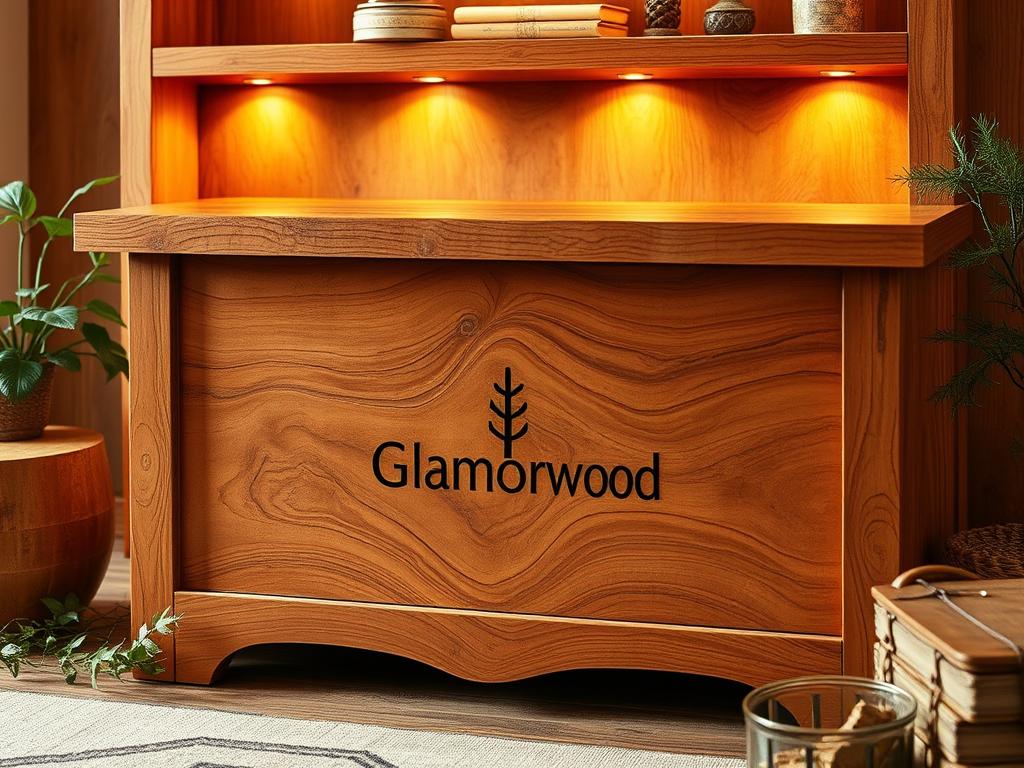
FAQs
What is fir wood?
Fir wood, like Douglas fir, is strong and looks great. It’s often used in building and design. Its beauty and strength make it a favorite among designers and builders.
Where does Douglas fir originate from?
Douglas fir comes from the West Coast of North America. It has also been grown in Europe and South America. It’s valued for its quality.
What are the unique characteristics of Douglas fir wood?
Douglas fir wood has a wide range of colors, from yellow to reddish-brown. Its grain patterns can be straight or wavy. It’s also very strong and light.
Is fir wood durable?
Yes, fir wood is very durable. It can handle a lot of use and weather well. This makes it great for both inside and outside use.
How is fir wood used in construction?
Fir wood is used in many ways in building. It’s used for frames, floors, cabinets, and more. It’s also good for the environment when harvested right.
What are the benefits of fir wood flooring?
Fir wood flooring is tough, looks good, and is cheaper than some other woods. It’s easy to care for and lasts a long time. It’s perfect for homes with families.
Can fir wood be customized for furniture designs?
Yes, fir wood is great for making furniture. It can be shaped into many designs. This makes it perfect for custom pieces that show off its natural beauty.
How does fir wood compare to other wood species?
Fir wood is a good mix of price and quality. It’s cheaper than cedar, teak, pine, and acacia but still very durable. This makes it a popular choice for many projects.
Why should I choose fir wood for my next project?
Choosing fir wood is a smart choice that saves money but still looks great. It fits well with both old and new styles. It’s a timeless choice.
